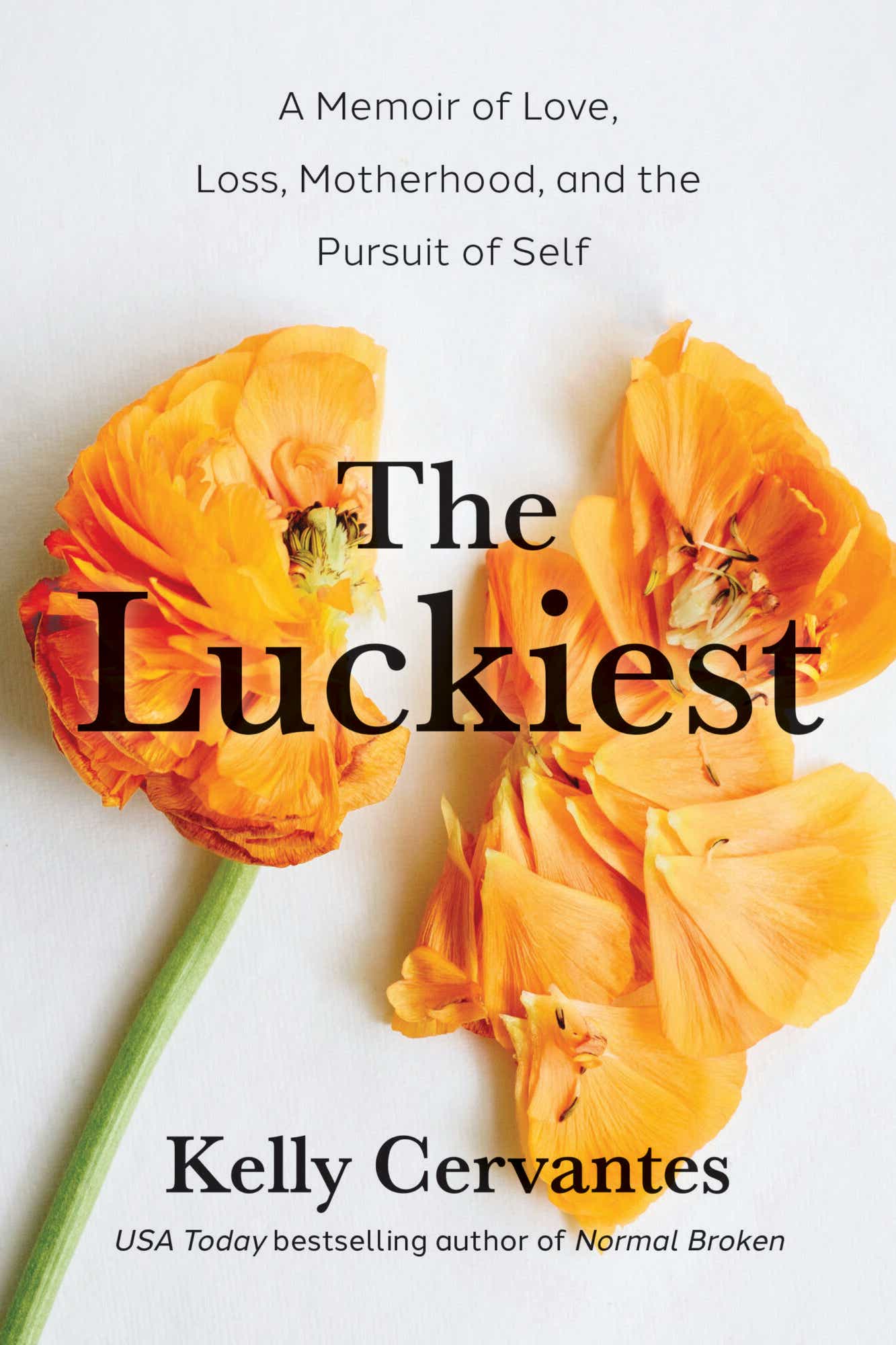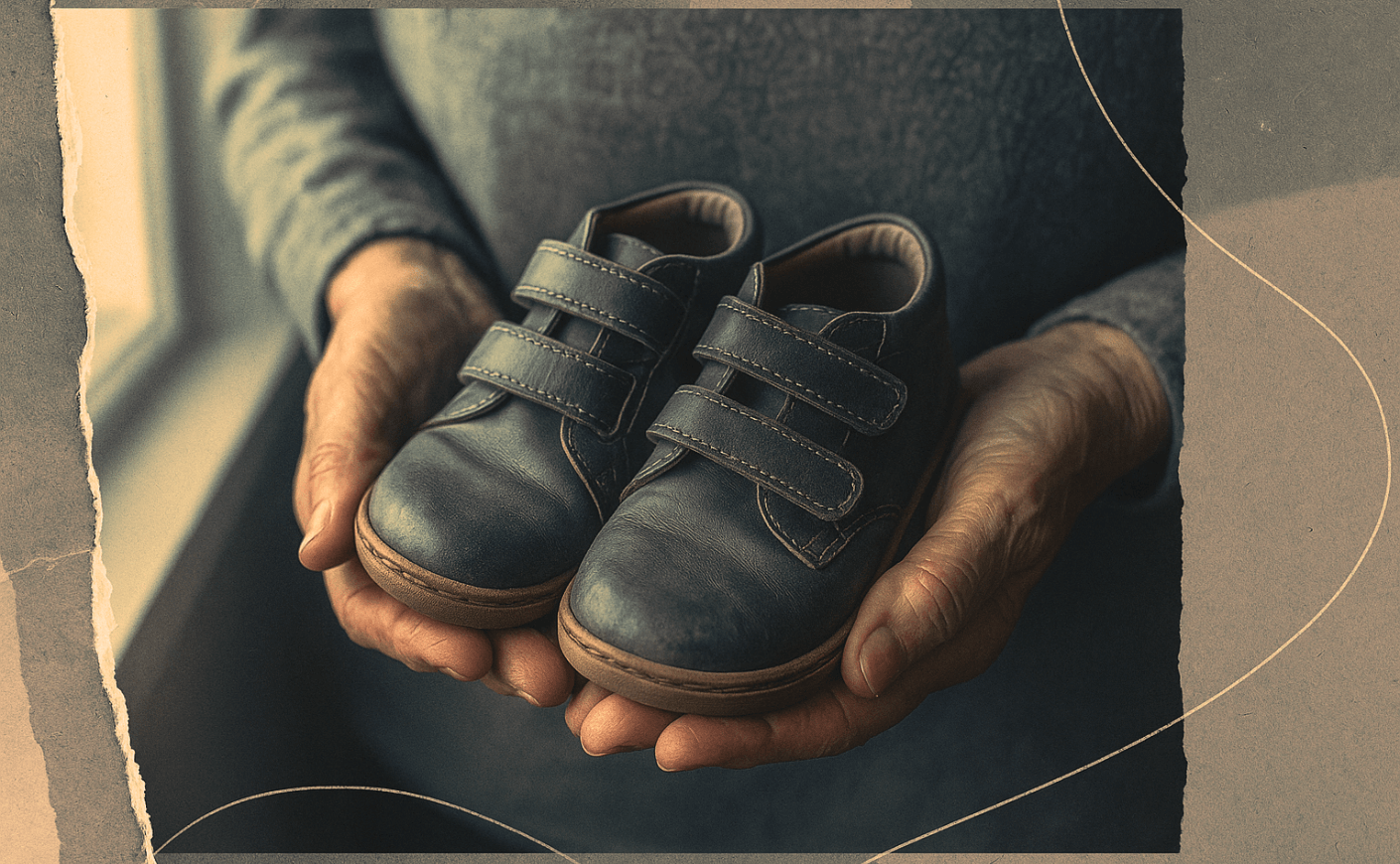In May of 2016, my husband, Miguel, was cast as Alexander Hamilton in the hit musical Hamilton on Broadway before opening the first production of the show outside of New York City, in Chicago. This was the stuff of show biz dreams, and we would have endlessly reveled in the news — that is, if our infant daughter hadn’t been diagnosed with epilepsy that same week. She was no longer able to attend daycare, and with a move halfway across the country on the horizon, I left my career to care for her. What we didn’t realize yet was how wide the “blast radius” of a diagnosis can be — how it doesn’t just happen to the child or the parents, but to everyone who loves that child.
Over the next three years, as Miguel’s star continued to shine, Adelaide’s health would steadily decline. Her seizures grew more intense, as treatment after treatment failed to help her. Additional symptoms appeared, and Miguel and I were left feeling, as he would later say, “like we were holding on to a rocket in one hand and a parachute in the other.”
During this period, my mother never failed to answer my phone calls — she was always on alert for the next medical emergency, and there were plenty: Adelaide had momentarily stopped breathing again, or experienced an increase in seizure activity that’d landed us back in the hospital. My mother would lament how powerless she felt to help her granddaughter, but she thankfully recognized she could still be there for me. My mom and mother-in-law made numerous flights into Chicago to support our family; Adelaide’s Grandma and Nana were always there when she (or we) needed them. They loved her with that uniquely grandparent kind of love: uncomplicated, doting, and with an enduring hope that solutions waited just around the corner. Which made what happened next even more painful.
In the spring of 2019, doctors informed us that Adelaide’s condition was neurodegenerative, and there was nothing else they could do to treat her. Several months later, around the time most kids were heading back to school, we were bringing hospice into our home. My mother slept on a pull-out couch in the basement of our Chicago condo for a month, supporting our family and loving on Adelaide. The last picture I took of my daughter was of her being held in her grandmother’s arms.
In my deep grief, I wasn’t thinking much about what Miguel’s and my parents were feeling or experiencing. I could barely think at all. But oh my goodness were they grieving — of course they were.
When a child dies, the bulk of the attention is paid to the parents, which makes sense. But the entire family is impacted by the loss. Friends would check on Miguel and I, or our son, but it never dawned on me to wonder who was checking on Adelaide’s grandparents. Their grief lived in the shadows, quieter but no less real. Grandparent grief is so often disenfranchised — acknowledged in theory, but rarely tended to in practice.
When I asked my mom, a retired therapist, about the grief she experienced after Adelaide died, she called it, “A double loss: you’re grieving the lost child, as well as grieving for your own child’s devastating loss. The needs of your own child are always going to come first, so the grandparent’s grief gets pushed aside.” I saw that firsthand as my mother accepted flower and food deliveries when I couldn’t force my body out of bed. My mom powered through, delaying her grief to support me.
My mother-in-law would later tell me that she felt “a responsibility to be older and wiser” as she tried to guide us through this loss. But ultimately she often felt overwhelmed by the complexity of the task — and of her own feelings. It would take time for her to realize, as she put it, that “there were no perfect words” to offer me, and to release herself of that pressure.
We all grieve differently, but I’ve been told again and again how frequently a grandparent’s concern for their child’s grief takes precedence over their own. I’m grateful to our parents’ friends, who checked in with them during this time, didn’t judge the focus of their grief on any particular day, and who sat with them when reminders of their loss stopped them in their tracks. Because some days, they wanted to hear someone say their granddaughter’s name, and other days they loved to hear how friends had sent their child’s family a meal. In this way, both of their losses were being witnessed and cared for. My mom recommends that all newly bereaved grandparents “check-in with themselves, and allow time to grieve their own loss. It’s not easy to deal with both griefs at the same time.”
Losing Adelaide felt like an asteroid had cratered at our feet, forever changing the landscape of our lives. In doing so it also reshaped my understanding of grief’s wide impact — how its tremors are felt through generations, not just households. I will forever be grateful for the grandparents who held our daughter, held us, and then somehow found the strength to hold their own heartbreak, too.
Kelly Cervantes is an award-winning writer, speaker, and advocate best known for her blog Inchstones and her USA Today bestselling book, Normal Broken: The Grief Companion for When It’s Time to Heal But You’re Not Sure You Want To. Her new book is The Luckiest: A Memoir of Love, Loss, Motherhood, and the Pursuit of Self.










